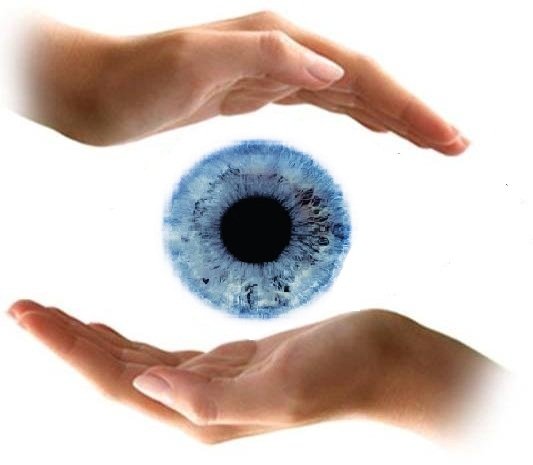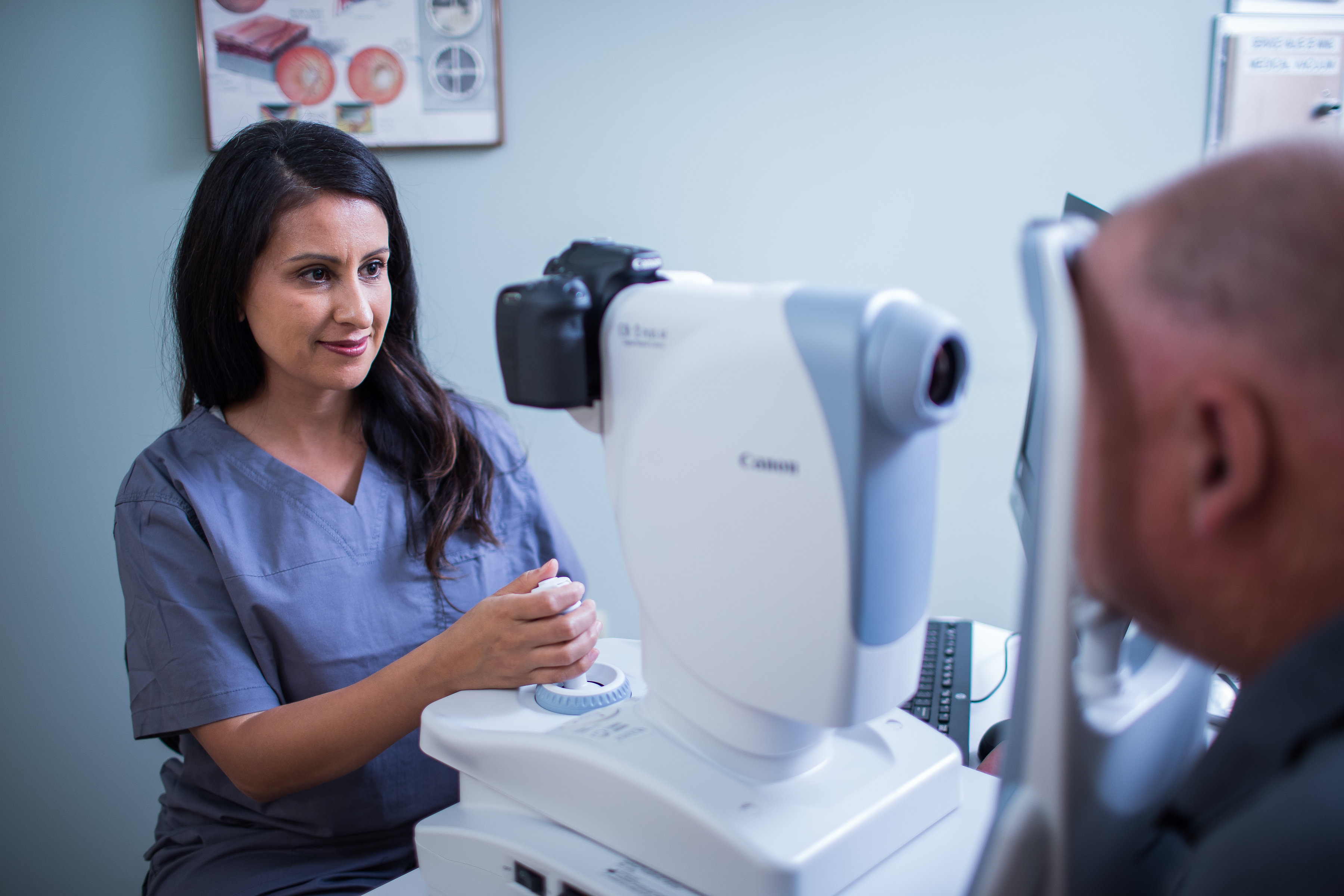Neurologist in Andalusia: Advanced Mind Health Solutions at Our Clinic
Neurologist in Andalusia: Advanced Mind Health Solutions at Our Clinic
Blog Article
Is Refractive Surgery Right for You? Variables to Think About for Better Eyecare
In the world of eye care, the choice to undertake refractive surgical treatment is a significant one that requires thoughtful consideration. As people look for quality and flexibility from the restrictions of corrective lenses, various aspects enter play when figuring out the suitability of such a treatment. From the details of one's eye health and wellness to the complexities of daily routines and personal assumptions, each aspect holds value in the wider landscape of refractive surgical procedure candidacy. By evaluating these crucial elements with treatment and precision, a clearer course in the direction of educated decision-making emerges.
Eye Health Analysis
When thinking about refractive surgery, a thorough eye health and wellness examination is critical to analyze the viability of the treatment for each and every individual. eye center andalusia. This examination includes a collection of tests and exams conducted by an eye care professional to identify the general health of the eyes, the presence of any hidden problems, and the security of the refractive mistake
During the evaluation, various variables are taken into consideration, such as the patient's medical history, existing eye prescription, corneal density, student size, and tear film high quality. These evaluations assist to determine any type of contraindications to refractive surgical treatment, such as corneal irregularities, cataracts, or without treatment eye infections. Furthermore, the analysis assists to manage patient expectations concerning the potential outcomes of the surgical procedure based on their one-of-a-kind eye attributes.
Eventually, the eye health examination is important in making sure the safety and efficiency of refractive surgery, as it supplies useful insights right into the person's eye wellness condition and assists identify one of the most suitable treatment choices for attaining optimum visual end results. (eye center andalusia)
Way Of Living Analysis
A detailed way of living assessment is essential in figuring out the suitability of refractive surgical procedure for an individual's visual improvement requirements. Way of life factors such as occupation, hobbies, and day-to-day activities play a crucial duty in the decision-making procedure pertaining to refractive surgical treatment.
In addition, way of living habits such as sporting activities involvement, outside activities, or also skin care regimens can affect the healing procedure and general success of refractive surgical treatment. By performing a thorough lifestyle assessment, eye care specialists can customize their suggestions and therapy strategies to fulfill the unique needs of each patient, eventually leading to enhanced visual results and complete satisfaction.
Expectation Alignment

People need to understand that while numerous individuals accomplish 20/20 vision or better following refractive surgery, some may still need glasses for particular activities like reading or driving at night. Handling these assumptions helps prevent disappointment and frustration post-surgery, leading to an extra favorable total experience for the individual.
Risk Analysis

Factors that might raise the danger of problems include age, particular medical problems like autoimmune conditions, unstable vision prescription, slim corneas, and impractical person assumptions. In addition, choosing a experienced and seasoned surgeon, complying with pre and post-operative treatment directions carefully, and disclosing any type of pertinent case history can assist reduce risks.
To decrease the chance of complications, ophthalmologists perform thorough pre-operative analyses to recognize any kind of contraindications to surgical treatment. They also review the possible threats and advantages with people during the consultation process. By participating in open communication and shared decision-making, both the person and the eye doctor can function together to establish if refractive surgical procedure is the right selection based on specific danger profiles and wanted outcomes.
Assessment Relevance
Considering the essential role of educated decision-making in evaluating risks and prospective issues in refractive surgery, the appointment procedure holds considerable significance in directing individuals in the direction of optimal outcomes. During the assessment, the ophthalmologist evaluates the individual's eye health and wellness, refractive mistakes, and general suitability for surgical treatment. This initial evaluation is vital in establishing one of the most appropriate procedure for every person, thinking about aspects such as corneal density, student size, and existing eye problems.
In addition, the examination acts as a possibility for people to discuss their check these guys out assumptions, worries, and any type of concerns they might have pertaining to the surgery. Clear communication between the person and the cosmetic surgeon is important to ensure sensible assumptions and a detailed understanding of the prospective risks and advantages included.
Furthermore, the examination allows the specialist to discuss the different surgical alternatives offered, their respective results, and the post-operative care required. This detailed discussion encourages individuals to make knowledgeable choices about their eye treatment, bring about better complete satisfaction and end results post-surgery.
Verdict
Finally, people considering refractive surgical procedure ought to go through a thorough eye health assessment, assess their way of living habits, align their expectations with potential outcomes, assess the associated risks, and prioritize consultations with eye care specialists. These aspects play an essential role in determining the suitability of refractive surgical procedure for each person, guaranteeing optimum end results and contentment with the treatment.
Patients thinking about refractive surgical procedure commonly have high assumptions pertaining to the end results, expecting excellent vision without the demand for glasses or contact lenses. While refractive surgery can substantially boost vision and reduce dependence on aesthetic help, it is vital for clients to comprehend that outcomes might vary based on individual variables such as the level of refractive mistake, corneal density, and overall eye health.
By engaging in open interaction and shared decision-making, both the ophthalmologist and the person can work together to determine if refractive surgical procedure is the appropriate selection based on individual threat accounts and preferred results.
Taking into consideration the crucial function of educated decision-making in assessing threats and possible difficulties in refractive surgical procedure, the consultation procedure holds considerable relevance in guiding people towards optimum outcomes. During the examination, the ophthalmologist examines the client's eye health and wellness, refractive errors, and general suitability for surgical procedure.
Report this page